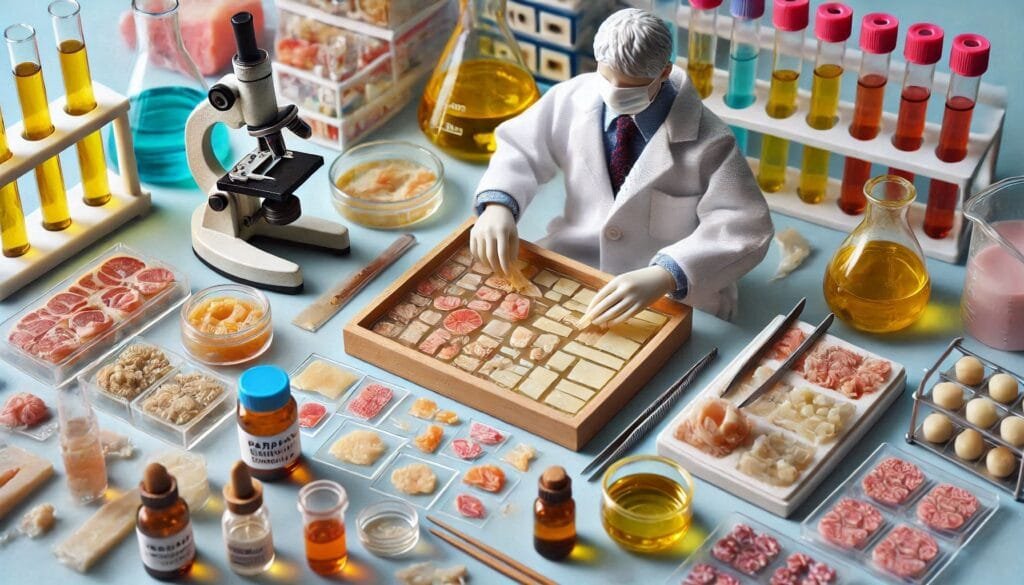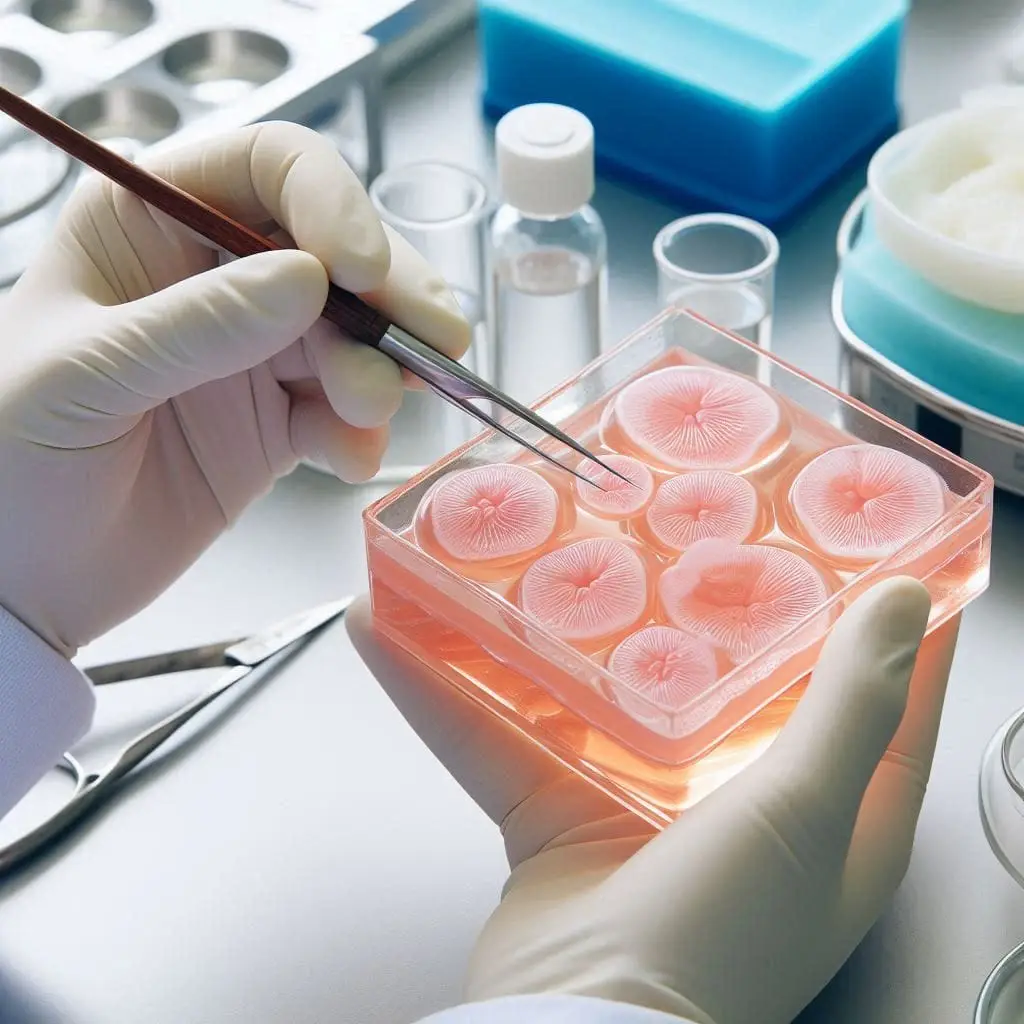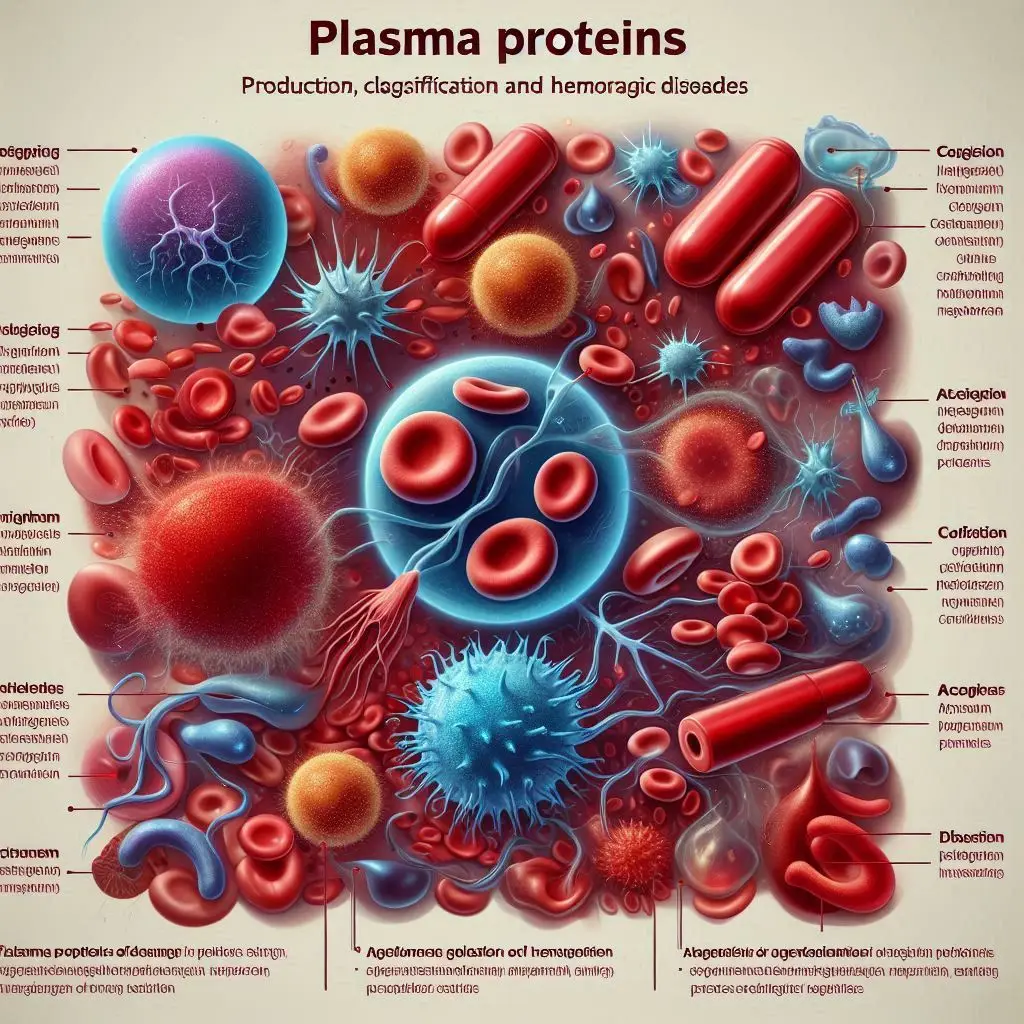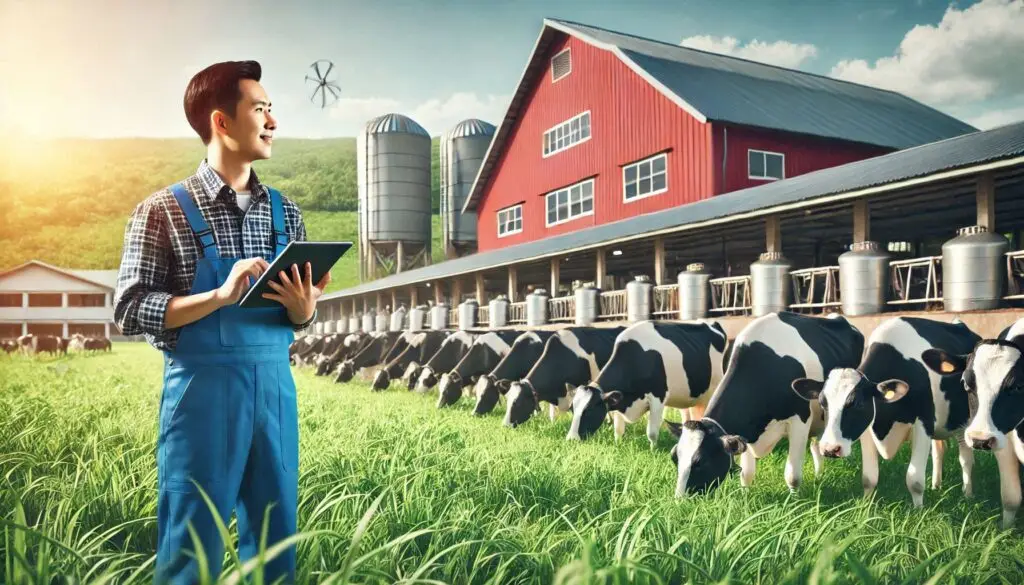Vitamin K Deficiency in Domestic Animals

What is Vitamin K?
Vitamin K is a fat-soluble vitamin that exists in two main forms: K1 (phylloquinone) and K2 (menaquinone).
- Vitamin K1 is primarily found in green leafy vegetables like spinach and kale.
- Vitamin K2 is found in animal products such as meat, dairy, and eggs.
Both forms are essential for synthesizing proteins required for blood clotting.
For more detailed information on vitamin K’s role, you can visit Healthline.
Importance of Vitamin K in Animals
Blood Coagulation
Vitamin K is critical for the synthesis of clotting factors. Without it, animals cannot form blood clots effectively. This can lead to excessive bleeding from injuries or surgical procedures.
Bone Health
Vitamin K also plays a role in bone metabolism. It helps regulate calcium levels in bones and blood. A deficiency can weaken bones, making them more susceptible to fractures.
Who is at Risk?
Certain animals are more prone to vitamin K deficiency:
Poultry
Chickens and turkeys are particularly vulnerable due to their dietary needs. They often require additional vitamin K supplementation. Birds have shorter digestive tracts, which can limit their ability to absorb nutrients effectively.
Ruminants
Cattle and sheep usually synthesize enough vitamin K through gut microbes. However, they can still be at risk if their diet lacks green forage or if they are on a strictly grain-based diet.
Horses
Horses generally obtain enough vitamin K from their diets. However, horses on poor-quality hay or those with digestive issues may face deficiencies.
Causes of Vitamin K Deficiency
Understanding the causes of vitamin K deficiency can help prevent it:
Dietary Insufficiency
A lack of vitamin K-rich foods leads to deficiencies. For example, if poultry diets do not include adequate green forage or supplements, they may not receive enough of this essential nutrient.
Antibiotic Use
Antibiotics can disrupt gut flora. This disruption affects the bacteria that synthesize vitamin K. As a result, animals may not produce enough vitamin K naturally.
For more insights into the effects of antibiotics on gut health, check out Harvard Health.
Diseases
Certain diseases can impair the absorption of vitamin K:
- Biliary obstruction: This condition affects bile production, which is necessary for fat absorption.
- Intestinal malabsorption syndromes: Conditions like celiac disease can hinder nutrient absorption.
Clinical Signs of Vitamin K Deficiency
Recognizing the signs early can save lives:
Prolonged Bleeding
One of the most common symptoms is prolonged bleeding from minor injuries. If an animal has difficulty stopping bleeding after a cut or scrape, it may indicate a deficiency.
Hemorrhagic Syndrome
In poultry, severe deficiencies can lead to hemorrhagic syndrome. Symptoms include:
- Bruising
- Swelling
- Blood in droppings
For more information on hemorrhagic syndrome in birds, refer to The Poultry Site.
Other Symptoms
Other signs may include:
- Weakness
- Lethargy
- Increased susceptibility to infections due to impaired immune function
Diagnosis of Vitamin K Deficiency
Veterinarians diagnose vitamin K deficiency through clinical signs and laboratory tests. Blood tests can measure prothrombin levels to assess clotting ability. If levels are low, it indicates a deficiency.
Treatment Options for Vitamin K Deficiency
Treating vitamin K deficiency involves several strategies:
Dietary Supplementation
Adjusting the diet is crucial. Adding vitamin K-rich foods or supplements can help restore normal levels. For poultry, consider using commercial feeds fortified with vitamin K.
Injectable Vitamin K
In severe cases, veterinarians may administer injectable forms of vitamin K1 (phytonadione). This method provides rapid restoration of clotting factors.
For detailed guidelines on administering injectable vitamins to animals, visit Merck Veterinary Manual.
Prevention Strategies
Preventing vitamin K deficiency requires proactive management:
Balanced Diets
Ensure that all animals receive balanced diets rich in vitamins and minerals. For poultry, include dark green leafy vegetables or specialized feeds containing added vitamins.
Monitor Antibiotic Use
Use antibiotics judiciously to minimize disruption to gut flora. Always consult with a veterinarian before administering antibiotics.
Regular Health Checks
Schedule regular veterinary check-ups for early detection of deficiencies or health issues. This practice helps maintain overall health and well-being.
Conclusion
Vitamin K deficiency poses significant risks for domestic animals and birds. Understanding its causes and symptoms is essential for prevention and treatment. By ensuring proper nutrition and monitoring health closely, you can help keep your pets and livestock healthy.
For more pearls of Vets Wisdom:
Heritability and Genetic Correlations






Responses